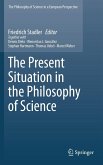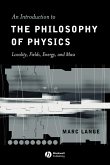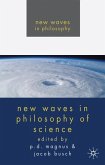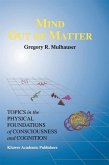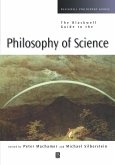First published 10 years ago, Manuel DeLanda's Intensive Science and Virtual Philosophy rapidly established itself as a landmark text in contemporary continental thought. DeLanda here draws on the realist philosophy of Gilles Deleuze to the domain of philosophy of science. As well as contemporary philosophical insights, the book also tackles new developments in geometry, complexity theory and chaos theory to bring new insights to our understanding of a scientific knowledge liberated from traditional ideas of essence.
Now available in the Bloomsbury Revelations series, this edition includes a new preface by Delanda, revisiting the themes of his book ten years on.
Now available in the Bloomsbury Revelations series, this edition includes a new preface by Delanda, revisiting the themes of his book ten years on.
'[A] highly original...book...The structure of the book is simple, with four chapters devoted to mathematics, space, time, and physics, respectively. Quarrels over Deleuzian terminology are banished to a very helpful appendix...DeLanda has certainly rendered this territory more palpable to the analytically oriented.' Leslie Dema, University of Guelph, Canada, Journal of The European Legacy, (Vol 11, No. 6)




